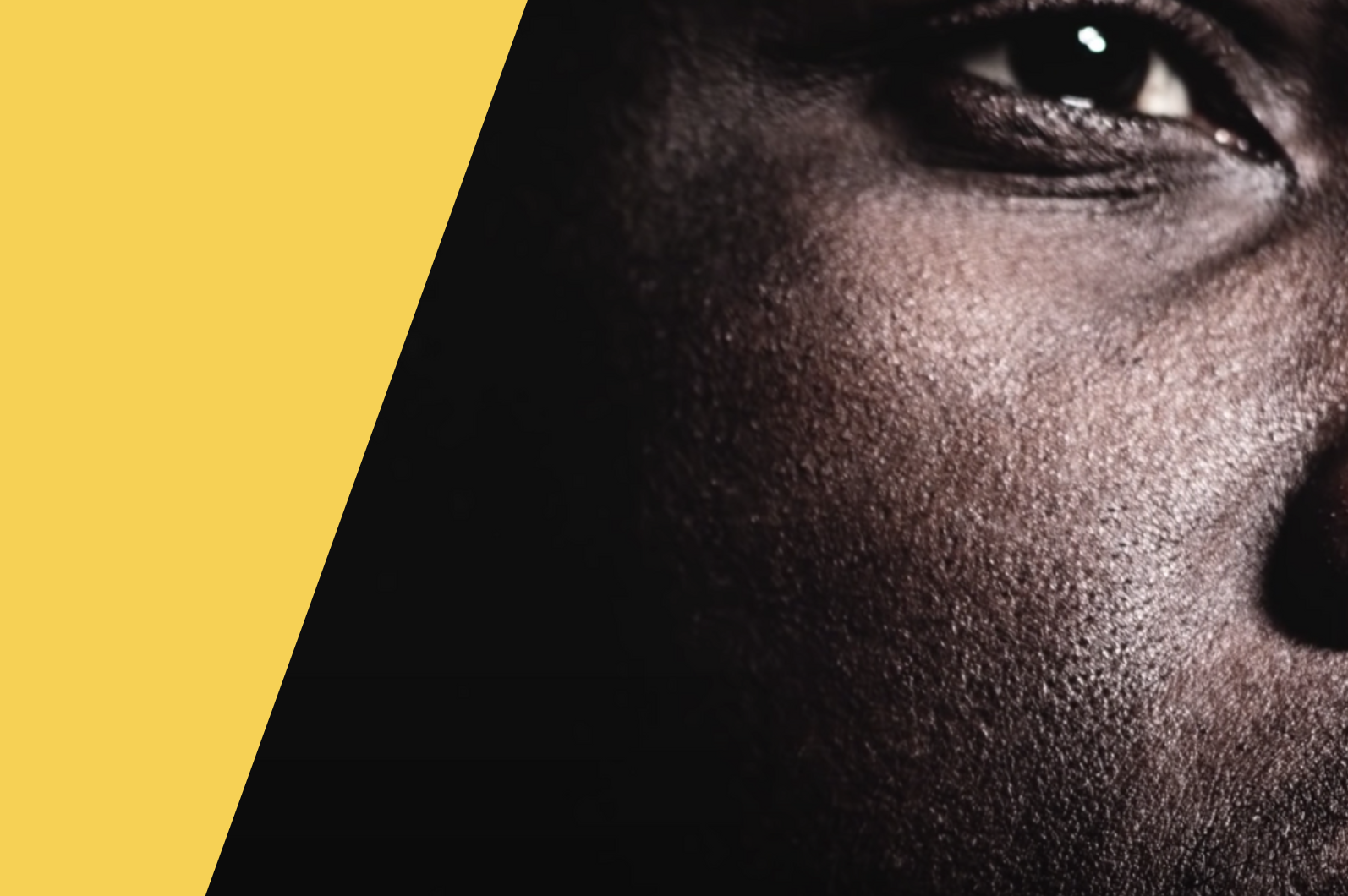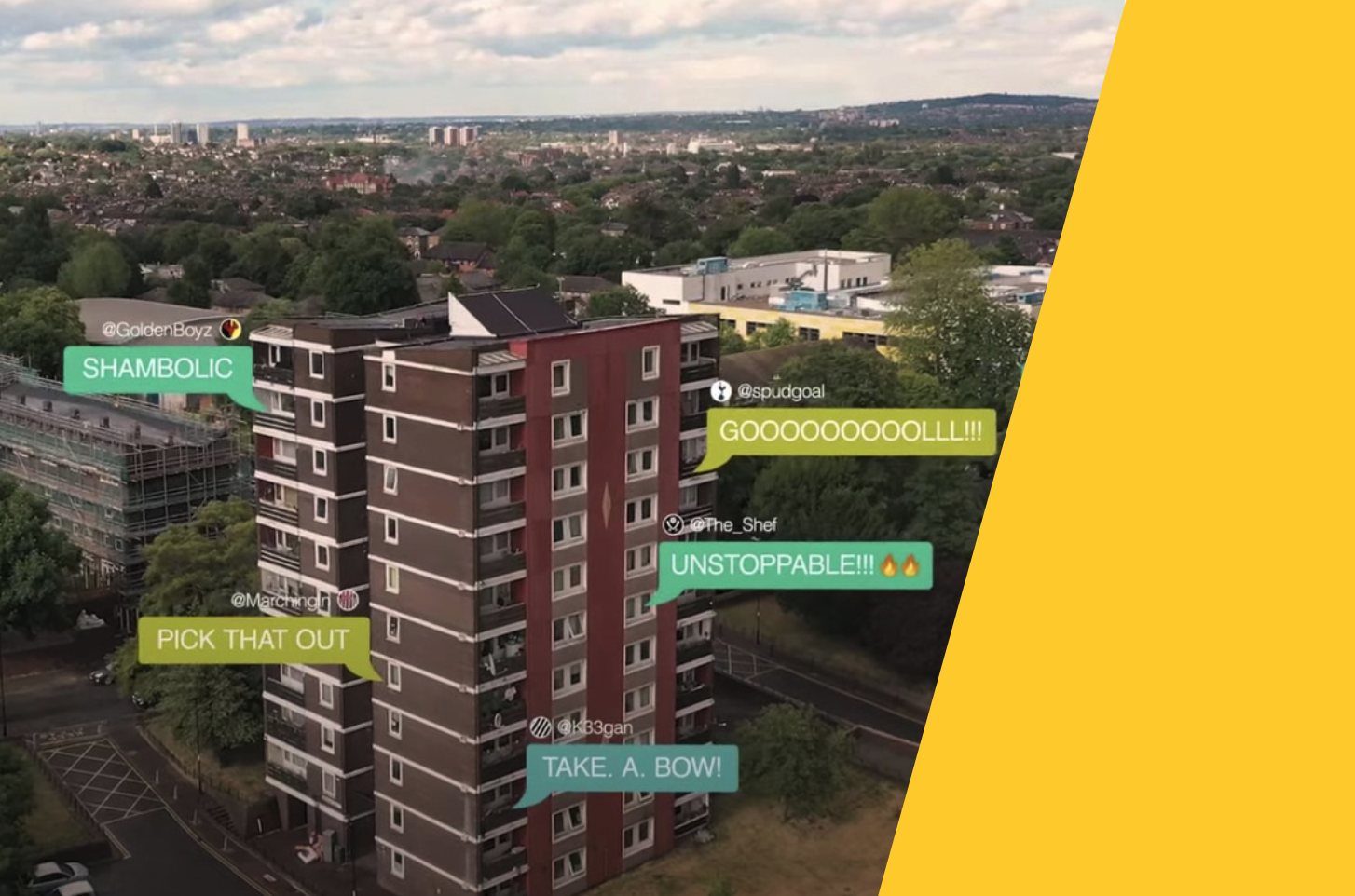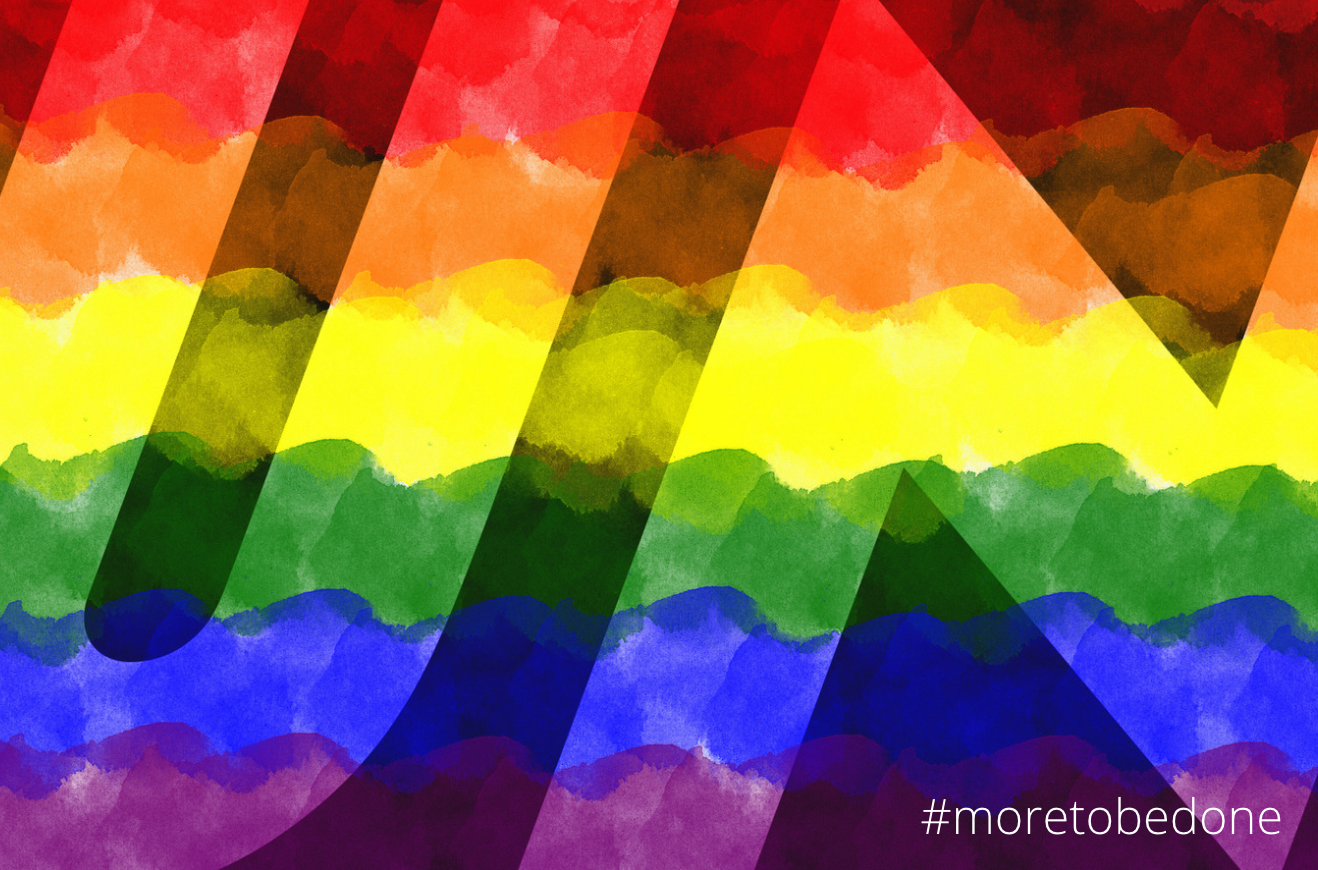
The Unruly Blog
Stay ahead of the curve and at the forefront of ad tech with the Unruly blog, covering stories from across the Unrulyverse and beyond!
How Have Black Lives Matter Ads Been Received by US Audiences?
The Black Lives Matter movement has shaken the world over the past few months, amplified by the tragic passing of George Floyd in Minnesota at the end of May. Brands across the world have released statements over the past few months supporting the movement, donating money and pledging to make changes to how they operate both internally and externally. Although there’s still a long way to go, especially within the advertising industry, several brands have begun to make positive changes to how they operate. Johnson & Johnson has stopped selling products used to lighten skin tones, PepsiCo, which owns the Aunt Jemima pancake mix brand, is rebranding the product due to negative racial connotations, while Reddit co-founder Alexis Ohanian recently stepped down from the company’s board of directors,
Inspiration and Happiness Help New Zealand’s ‘Keep It Real Online’ Campaign Stay Front Of Mind
There was a time when public safety messages needed to come with their own safety warnings. From children dying after being hit by trains while playing on the tracks, run over by cars going too fast or being electrocuted while trying to rescue their kites from nearby power cables, they were grim viewing, And let’s not even mention the harrowing messages around what to do in the event of a nuclear war. Still have sleepless nights about those. But that has all changed now, with some campaigns using different emotions to get the message across. The most famous example of this, of course, is “Dumb Ways To Die” – an Australian public service campaign made by Metro Trains in Melbourne to promote railway safety that went viral in
An Emotional Return For The Premier League
Football in the UK returned to our screens last week after months of lockdown. Matches in the Premier League and EFL were shown live on Sky Sports and BT Sport – albeit without fans in the stands and some odd fake crowd noise. The return of footy was viewed as an important step towards lifting the spirits of a nation laid low by the coronavirus. But just how has the return of football been greeted by the public during the COVID pandemic? Well, we tested ads by broadcasters Sky Sports and BT Sport triumphantly announcing the much-awaited return of soccer to our screens using our content testing tool UnrulyEQ. As well as measuring people’s emotions to the news, we wanted to see whether the content was effective at
The Brands Whose COVID-19 Ads Generated The Most Positivity Around The World
Navigating the post-COVID landscape poses a serious challenge for advertisers. And with a recent survey suggesting that two-thirds of consumers say how brands respond to the pandemic will have a “huge impact” on their likelihood to buy their products and services in the future, the stakes could not be higher for brands. For advertisers looking to engage consumers during the pandemic, making sure their messaging hits home has never been more important. Some global brands have managed to create COVID messages that have resonated strongly with their respective audiences. But which ads have generated the most positivity around the globe? Well, we have created a ranking of the most emotionally engaging coronavirus campaigns in the world. We created the chart using our emotional testing and targeting tool, UnrulyEQ
Pride: 11 Stats Which Show Why The Ad Industry Needs To Do More For LGBTQ+ Community
June marks Pride month across the world and although the community has not been able to celebrate as it usually would, many activists are using the month to highlight the inequalities and barriers that remain in place across the world. To mark the occasion, we’ve outlined some key stats from various studies that show both the barriers that are still in place throughout the ad industry for the LGBTQ+ community and the positive effects that including this community in your advertising can have on business metrics. According to LGBTQ+ publishers, 73% of neutral or positive LGBT online news is incorrectly flagged by brand safety blocklists, denying them vital ad revenue (CHEQ); 31% of the LGBTQ+ community feel marketing portrays them badly (LGBT Capital); 64% of LGBTQ community members say businesses don’t do a
Why, Now More Than Ever, Keyword Blocking Needs Fixing
Eighty percent of ads served on premium news sites are subject to keyword block lists. That’s according to research by CHEQ into the economic cost of keyword block lists for online publishers around the world. The global study also predicted that US news sites will lose $1.3 billion in revenue due to coronavirus keyword blocking from February to June. Meanwhile, around the world, UK online news sites will lose $105M, Japanese news sites will lose $47.4M and Australian online news publishers will see a revenue loss of $42M. Although keyword blocking has been an industry-wide issue for a long time, the issue has never been more prevalent, with at least one-third of page views for news sites now related to COVID-19. “Coronavirus” was the second-most blocked term online
Unruly and Tremor Video Unite To Lead The Fight Against COVID-19’s Rising Ad Fraud
Concerns around ad fraud, brand safety and the powerful threat they pose to the health of the digital ecosystem have become even more pressing since the start of the COVID-19 pandemic. According to recent research from Clean.io, there has been a huge surge in ad fraud since the beginning of March. It’s “global threat level” — a percentage calculation of the number of threats clean.io blocked divided by the number of analysed page views — was 50 times higher during the surge to the end of March relative to the start of the month. The changing market dynamics that have occurred over the past few months have also opened the door to a surge in coronavirus scam ads in programmatic marketplaces. According to The Media Trust, scam ads
If You Want People To Remember Your Video Ads, Remember The Colonoscopy Experiment
In 2020 there are more ways than ever to distribute and create video content and brands continue to take advantage of the evolving medium to enhance their storytelling capabilities and build an audience. However, there is an issue here. Advertisers are spending a lot of time and money on creating high-quality video content for an audience who are more likely to forget ever watching that content than they are to correctly recall the specific brand on display. So, how exactly do you create a memorable video without including a gorilla playing Phil Collins on the drums? New research from Unruly suggests that advertisers can better equip their ads for memory by leveraging a mental short-cut known as the peak-end rule. Coined by the Nobel Prize winning behavioural psychologist
Safeguarding Brand Reputation In The Wake Of COVID-19 With The U7
We held our first-ever virtual U7 event this week. For those of you who may not be familiar with the U7, in a nutshell, it’s our brand, publisher and agency-powered council, set up to create a dialogue with the ad industry so they can play an active role in shaping the future of digital marketing for the better. It was launched back in 2018, with founding members including global brands Diageo, Samsung, American Express, Unilever, L’Oréal, GSK and WSJ. The council has since grown from its seven founders to 23 core members, which include experts from Bank of America, Nestle, Universal McCann, GroupM, Zenith, Mars and IPG. We host regular sessions with members designed to engage the advertising community in discussions around emerging trends and the health of









